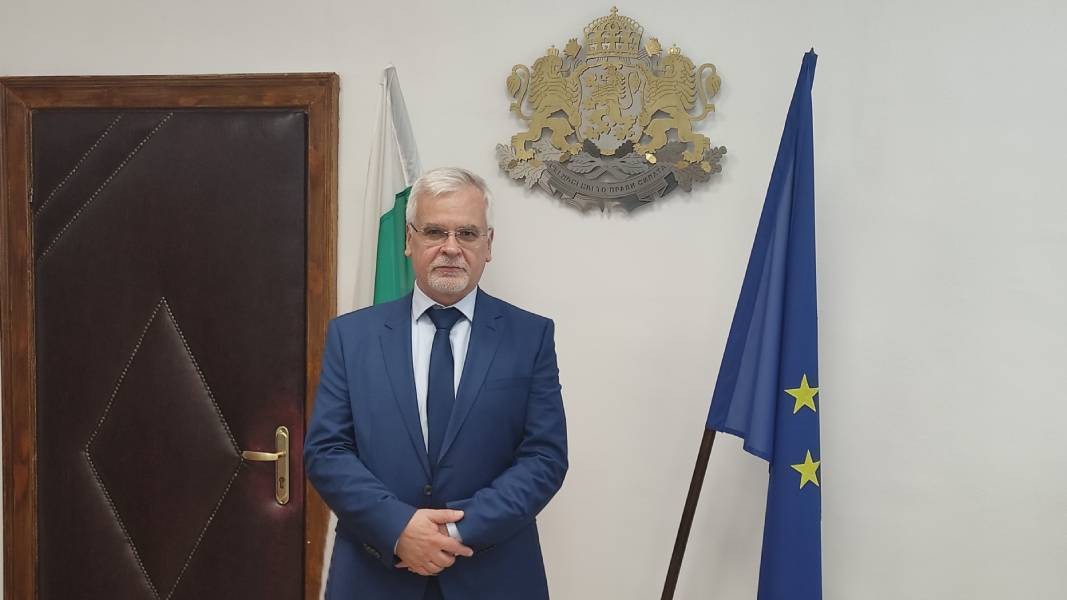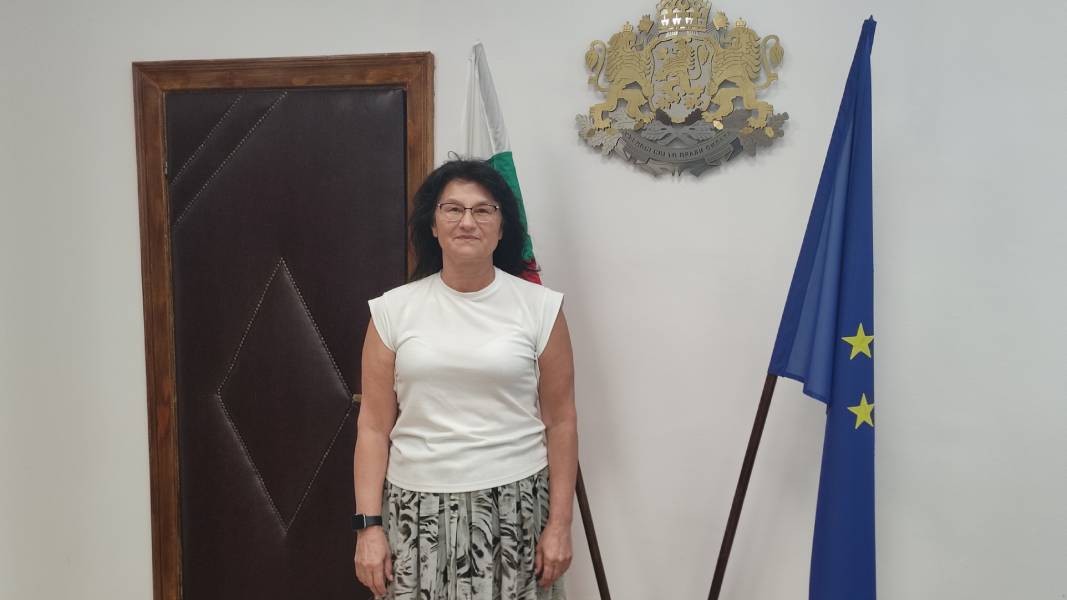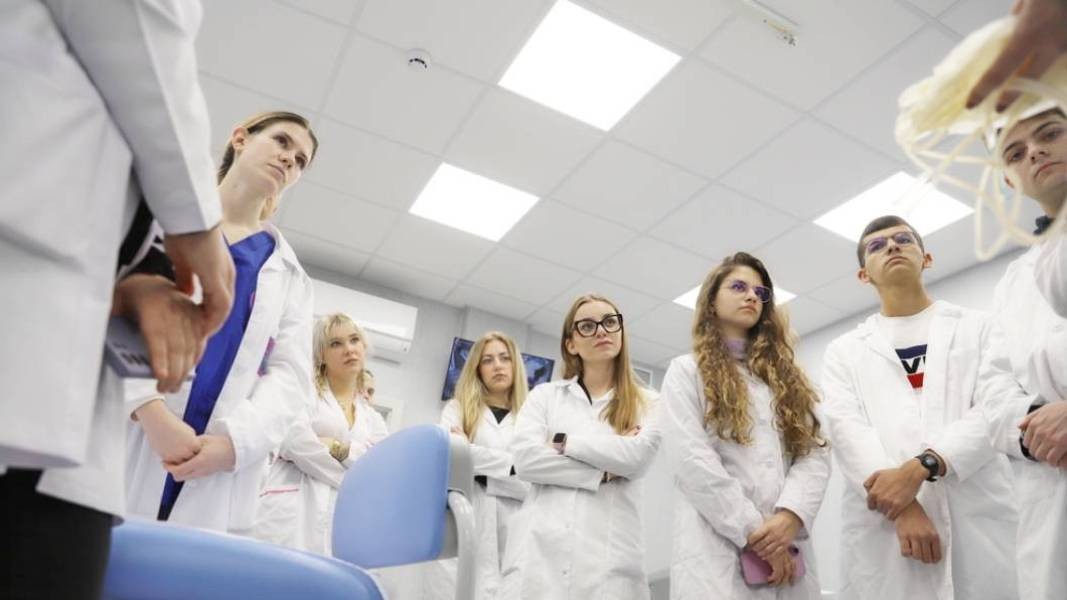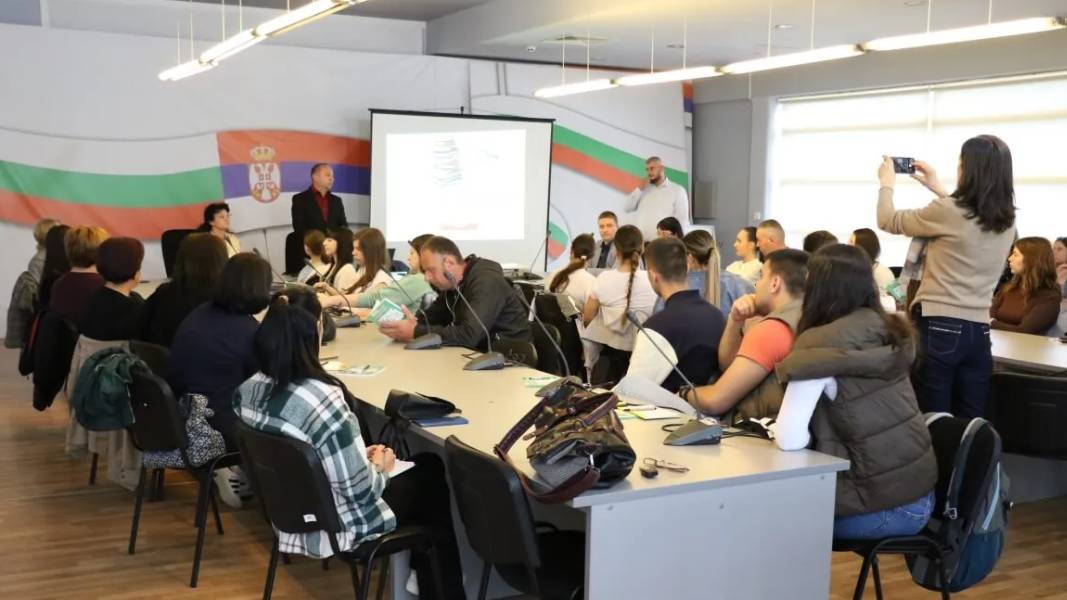Young people of Bulgarian descent living abroad continue to show sustained interest in enrolling at Bulgarian universities under Decree No. 103 of the Council of Ministers, issued in 1993. The decree provides preferential conditions for our compatriots from the diaspora who do not have Bulgarian citizenship.
For the upcoming academic year, the largest numbers of enrolled students come from Ukraine, Moldova, North Macedonia and Serbia, says Academician Nikolay Vitanov, Deputy Minister of Education and Science, in an interview with Radio Bulgaria.

"Currently, the Ministry of Education and Science provides 2,000 places for education in Bulgarian state universities for Bulgarians living abroad – Academician Vitanov said. – Of these, 40 places are designated for doctoral programs. There are also 240 places available for postgraduate qualification. The Bulgarian state additionally supports these students and trainees with a scholarship of 240 leva (approximately EUR 123) for students and 1,227 leva (approximately EUR 627) for PhD candidates and postgraduate persons. Students from seven countries – North Macedonia, Serbia, Albania, Kosovo, Kazakhstan, Ukraine and Moldova – are granted certain privileges. They are exempt from tuition fees, have access to state-subsidized dormitories and student canteens, have mandatory health insurance and attend a compulsory Bulgarian language course free of charge", said Nikolay Vitanov.

Analyses show that interest in studying in Bulgaria under Decree No. 103 has remained consistent over the years, with annual admissions ranging from 800 to over 1,000 new students.
For the upcoming academic year, the highest number of enrolled students from the Bulgarian diaspora come from Ukraine (847 students), Moldova (410), North Macedonia (254) and Serbia (160). The first three countries have seen a significant rise in the number of applicants to Bulgarian universities, while the number of students from Serbia has decreased by 14 compared to the previous year.

"The greatest interest is in disciplines such as Medicine, Dental Medicine and Pharmacy– explained Rositsa Koleva, Head of Coordination and Control Department of the Higher Education Directorate at the Ministry of Education and Science, in an interview with Radio Bulgaria. – In addition to the mandatory exams in Bulgarian language and literature and Bulgarian history, these applicants also take a specialized exam in biology and chemistry, which is conducted on the Ministry of Education’s online platform. There is also interest in "Architecture", "Building and Construction" and "Law". Economic programs such as "Business Administration", "Economics of Tourism", "Business Economics and Management" and "Marketing" are also very popular'', Rositsa Koleva went on to say.

Given the professional orientation of the students, the medical universities in Sofia, Varna, Pleven and Plovdiv have the highest number of enrolled students. Other preferred higher education institutions include Sofia University ''St. Kliment Ohridski'', the University of National and World Economy (UNWE), the University of Economics – Varna, the Technical University of Sofia and the Technical University-Varna. The University of Plovdiv ''Paisii Hilendarski'', St. St. Cyril and Methodius University of Veliko Tarnovo and the South-West University ''Neofit Rilski'' in Blagoevgrad also have students from the Bulgarian diaspora.

The application process for those wishing to study in Bulgaria takes place online via the Ministry of Education’s platform https://eskis.mon.bg. The Ministry of Education and Science is actively working to increase interest in Bulgarian higher education institutions through regular meetings and informational campaigns among Bulgarian communities abroad. Active collaboration is maintained with the principals of Bulgarian Sunday schools. Strong inter-institutional cooperation is maintained with Bulgarian consulates in these countries. There is also active collaboration with the Executive Agency for Bulgarians Abroad.
Published and translated by Kostadin AtanasovSince 1980, 27 September has been celebrated globally as World Tourism Day, marking the anniversary of the adoption of the UN World Tourism Organization’s charter in 1970. Across Bulgaria, towns and villages host special events, although the local..
The Le tour du canal tolerance cycle tour returns to the Rowing Canal in Bulgaria's second-biggest city Plovdiv. On September 27 at 2:00 pm, the "You also come" Foundation is lending a hand to people with disabilities with a movement festival. The..
The National Museum of Natural History at the Bulgarian Academy of Sciences (BAS) is inviting visitors to Researchers' Night (Night of Scientists) on 26 September. From 17:30 in the museum foyer at 1 Tsar Osvoboditel Boulevard, Professor Zlatozar Boev..
A major project to produce a feature film about the life and career of legendary Bulgarian footballer Hristo Stoichkov was presented on Wednesday, state..
From 26 to 28 September, the historical Bulgarian capital Veliko Tarnovo will host the first-ever national festival of organic produce in the Marno Pole..
The National Museum of Natural History at the Bulgarian Academy of Sciences (BAS) is inviting visitors to Researchers' Night (Night of Scientists) on 26..

+359 2 9336 661
